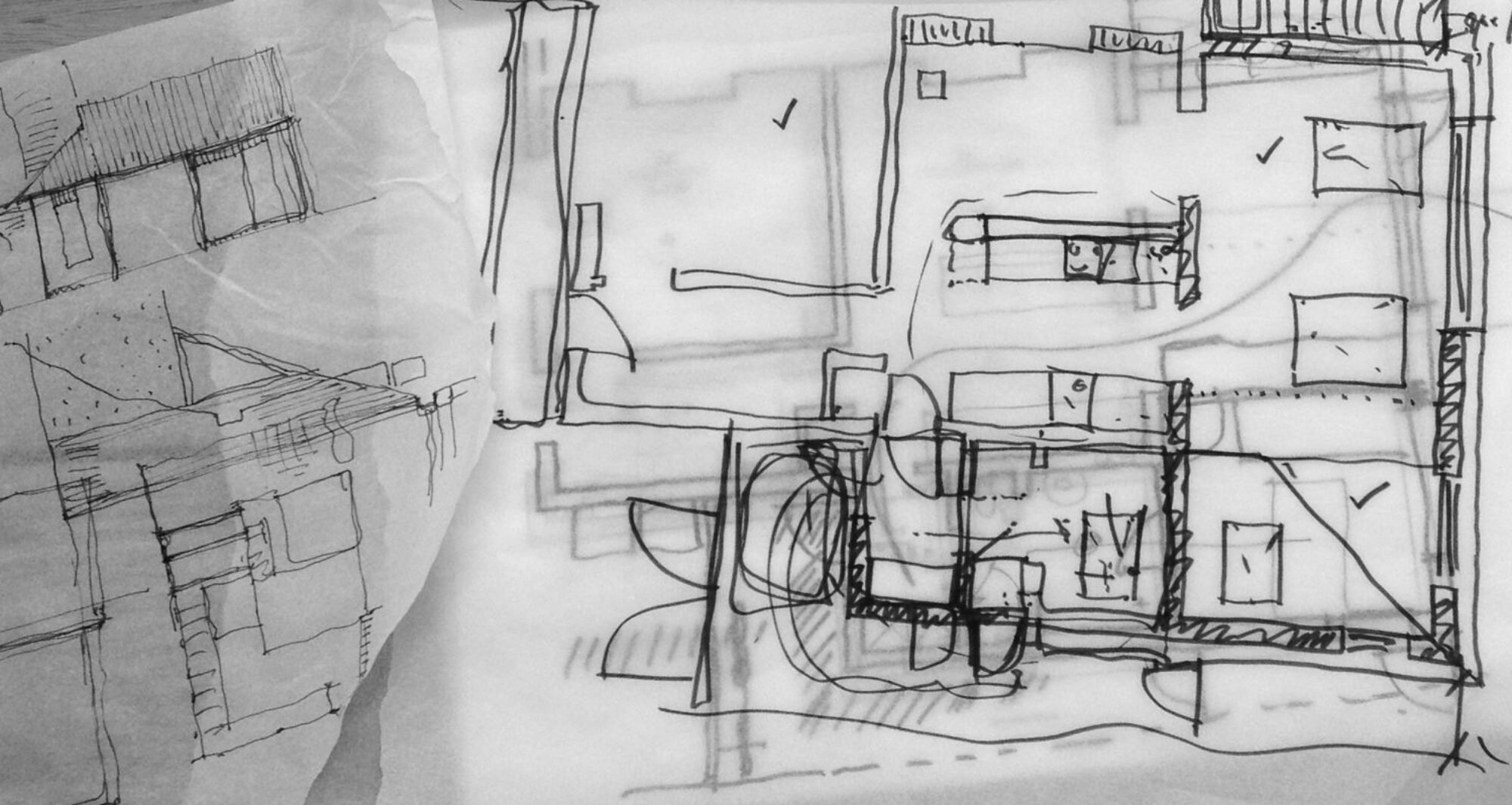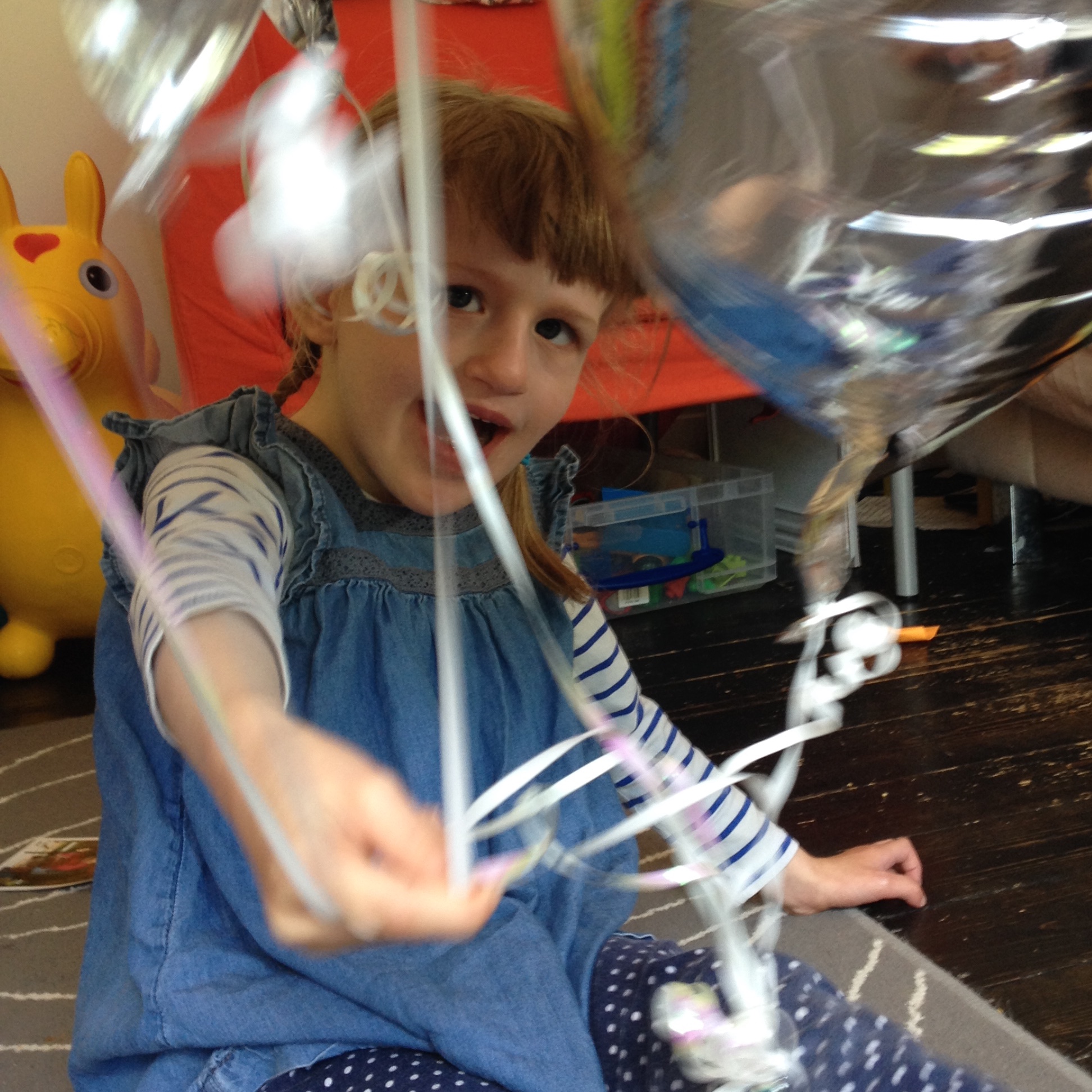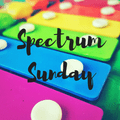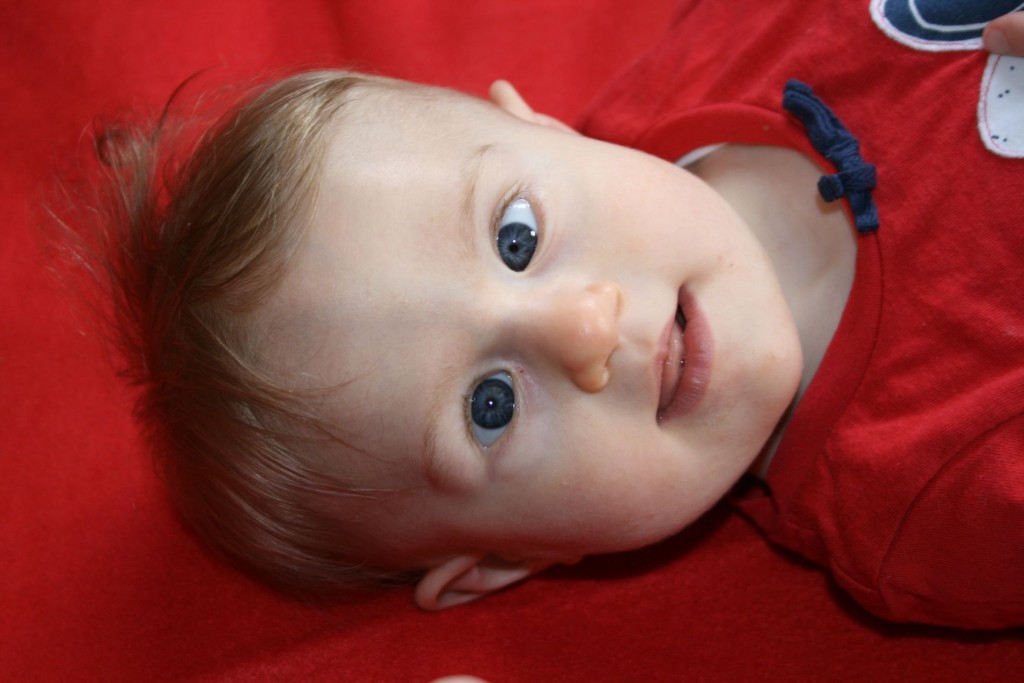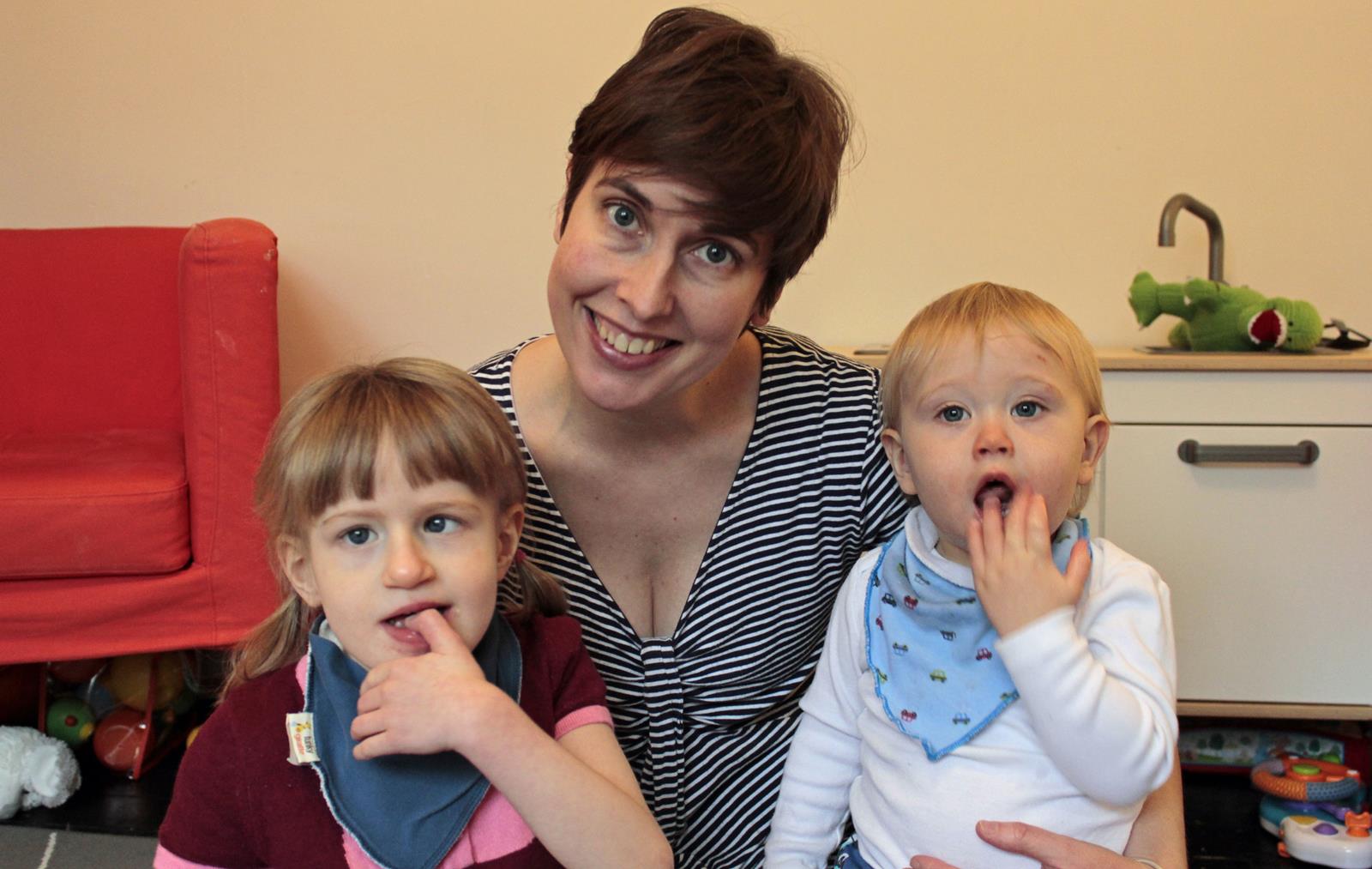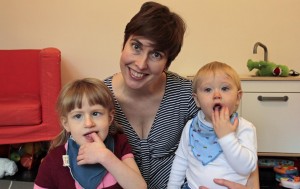A post for Undiagnosed Children’s Day 2017
When J was born 6 years ago, our blissful newborn baby bubble was burst in a matter of days, by an echocardiogram, a skull x-ray and some chromosome blood tests before we even left the hospital. This was the beginning of a very confusing time and a long list of hospital appointments and tests, over many months and years, as each came back ‘in the normal range’, ‘clear’ or ‘negative’.
J’s main ‘symptoms’ (impossible to see in antenatal scans or in a newborn baby) are developmental and sensory disabilites, which gradually became more and more apparent as she grew older, but, especially as J was our first child, it was hard to tell if early symptoms (reflux, low muscle tone, heart murmur etc), were anything to be concerned about. As the tests seemed to say otherwise, we often felt like neurotic first time parents and, living in limbo, without a diagnosis felt very isolating. You can read a little bit more about that time in my post Monkeys & Swans
We felt like the only people in this position, and didn’t really feel like we fitted in regular parenting groups, but without a name for J’s condition, I didn’t know where to look for somewhere we would feel we belonged. If only I’d thought to google ‘Syndrome’s Without A Name’ or ‘Undiagnosed’ earlier in our journey as SWAN UK (Syndrome’s Without A Name), the only dedicated support network available in the UK for families of children with undiagnosed genetic conditions, was there all along!
We found SWAN UK just over 4 years ago, when J was a little over 2 years old and I can’t really explain how much of relief it was to find we were not alone. That there were people who ‘got it’. And that there were people we could turn to for advice and support. It truly was a lifeline of sorts.
I know Facebook has a bit of a bad press sometimes, and it can be a bit, ‘look at me and my perfect life‘, but it does also provide those who, for whatever reason, struggle to connect with others in real life a fantastic and easy to access medium to make those connections further afield.
SWAN was not my first dabble into support goups and internet forums. Before J and W came along, my husband and I went through an emotional few years of recurrent miscarriage and I found refuge in an amazing bunch of women in a miscarriage support forum on Babycentre website. Many of us have met up in real life and are still in touch now via Facebook. I guess it’s a similar scenario in that, although miscarriage is extremely common, people don’t really talk about it and you can feel so alone.
But what I also want to highlight today is that SWAN UK is not just another forum. Not just a webpage or a just a Facebook page. It’s all of those things, plus there’s so much more going on behind the scenes that help to support families like ours!
The main aims of SWAN UK are:
Develop and support a community of families of children affected by undiagnosed genetic conditions.
Support the development of high quality information and services for families of children affected by undiagnosed genetic conditions.
Raise public and professional awareness of undiagnosed genetic conditions and the unique challenges faced by affected families.
So what this looks like to me (and this is just me as a parent member, I know there’s lots more I don’t know!) is:
An amazingly supportive facebook group/forum with families from all across the UK! The group is really warm and friendly, and as it’s moderated by SWAN, and a host of volunteer parent reps, it’s not a group that suffers from confrontation or competitive parenting (like some other groups I’ve joined in the past and pretty quickly left again!). There’s usually someone around 24/7, so there’s pretty much always a listening ear. It’s a great place to come for advice, support and gentle ‘cyber’ hugs when you need them, as well as an place with encyclopaedic knowledge for asking totally practical advice such as types of equipment, filling out forms! There are also separate smaller regional groups, so people closer together can arrange informal meet ups and chat about specific issues in their areas. As well as allowing you to break the geographical barriers, another benefit of being online is that you can get involved as much, or as little, as you like, and are perhaps are more comfortable to speak openly with in a ‘virtual’ community than you’d be in real life. The groups are all ‘secret’ so membership cannot be searched for by anyone not in the group either, so you have anonymity if you want or need it.
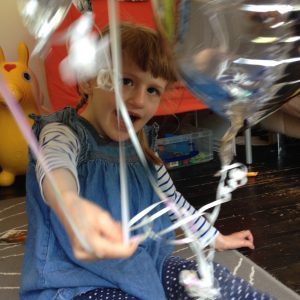 In addition to the forums, SWAN also organise and fund lots of family get togethers throughout the country! We’ve been to the zoo, a maize maze, to a soft play party and on a train ride over the time we’ve been members! I’ve loved meeting some of the other localish families in real life, lovely to meet the children, and them to meet each other, and I think as W grows older, meeting the siblings of other undiagnosed children will also become really important for him.
In addition to the forums, SWAN also organise and fund lots of family get togethers throughout the country! We’ve been to the zoo, a maize maze, to a soft play party and on a train ride over the time we’ve been members! I’ve loved meeting some of the other localish families in real life, lovely to meet the children, and them to meet each other, and I think as W grows older, meeting the siblings of other undiagnosed children will also become really important for him.
Balloons! This may sound a bit superficial, but I can’t tell you how lovely it is to receive a lovely gift of balloons, knowing our SWAN family is thinking of us and providing lots of fun! Who doesn’t love a balloon!? SWAN try to send balloons out to children in hospital, going through a particularly rough time and occasionally randomly just to make a child smile! As you can see in the picture, the balloons we received went down very well!
SWAN UK do a lot of work with professionals too, to raise awareness within the disciplines that families will come into contact with on their childhood journey, from Midwives and Health Visitors to GPs and NHS decision makers about the added complexities families face without a diagnosis, and pressing for better co-ordinateion of health care and social care. Some key successes they’ve been integral in, in this area are the appointment of a specialist undiagnosed nurse specialist at Great Ormond Street and a specialist Rare Disease unit at Birmingham Children’s Hospital!
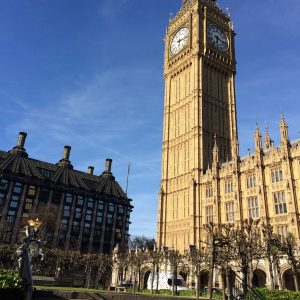 SWAN UK, and their parent organisation Genetic Alliance, are also working with the government on policy around research, resources, services, treatment etc of rare genetic and undiagnosed conditions. Genetics is such a new and fast moving science there’s so much happening that could make such a difference! I got to see a little bit of this work first hand last year, when SWAN UK parent reps and bloggers were invited to attend the first report of a new APPG (All Party Parliamentary Group)! So amazing to see Genetic Alliance and SWAN influencing at all levels to help improve services for our families and really interesting to see parliament at work too!
SWAN UK, and their parent organisation Genetic Alliance, are also working with the government on policy around research, resources, services, treatment etc of rare genetic and undiagnosed conditions. Genetics is such a new and fast moving science there’s so much happening that could make such a difference! I got to see a little bit of this work first hand last year, when SWAN UK parent reps and bloggers were invited to attend the first report of a new APPG (All Party Parliamentary Group)! So amazing to see Genetic Alliance and SWAN influencing at all levels to help improve services for our families and really interesting to see parliament at work too!
So the reason I’m writing this today is it’s Undiagnosed Children’s Day! A day to make a group effort to let the world know about the work SWAN UK do! They already support 2000 families of children with undiagnosed conditions but, as 6000 children are born every year with no diagnosis, there are many more they could be supporting!
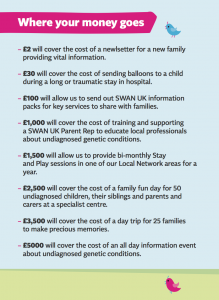 SWAN UK are asking us to be detectives today and help find those families (like ours) who could benefit! Help us spread the word!
SWAN UK are asking us to be detectives today and help find those families (like ours) who could benefit! Help us spread the word!
If you know someone you think might benefit from joining the swan community please do pass this on, and if you have a child with an undiagnosed condition please do join the community! It may sound overly gushy, but SWAN UK really is like a big friendly (and non-judgemental!) family and I don’t know where we’d be without their support! You can sit in the background quietly, or get stuck into chat in the forum, either way SWAN is there to support you and they are out their advocating for all of us!
SWAN UK relies on grant funding and donations and this list shows where some of this money is needed. If you can please help them keep up the great work for families like ours!
Find SWAN at:
Website: www.undiagnosed.org.uk
Email: info@undiagnosed.org.uk
Facebook: @SWANchildrenUK
Twitter: @SWAN_UK
Instagram: SWANchildrenUK
